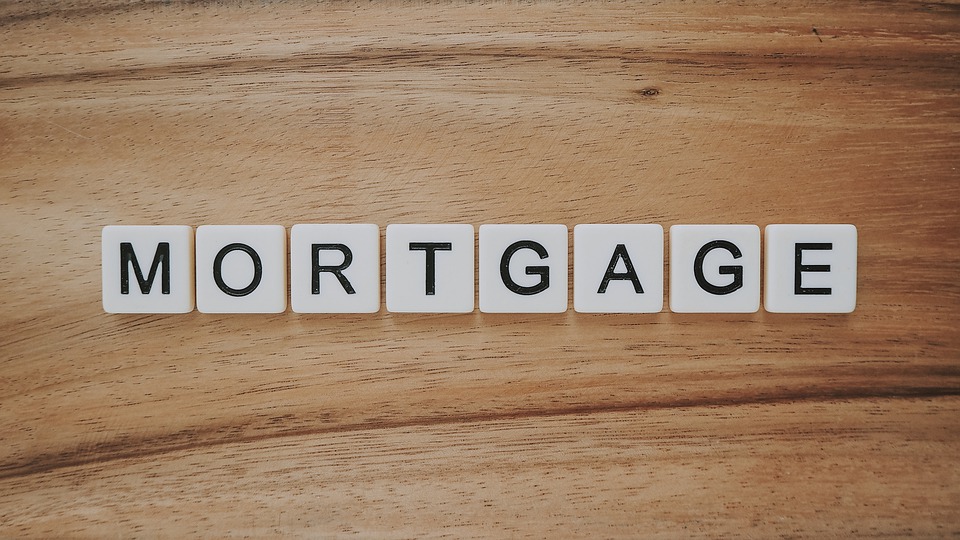Can the self-employed get a mortgage?
Yes, self-employed workers can apply for a mortgage in the usual way, with many lenders accepting self-employed income and some even specialising in self-employed mortgages. At one time, self-certification mortgages were available that allowed self-employed borrowers to declare their income without providing proof, but these were banned in 2014.
These days to get a mortgage when you’re self-employed, you’ll have to prove your income to lenders – which we’ll discuss in more detail below – but you may also need to make yourself a more attractive lending prospect than if you were employed. This means you’ll probably be expected to provide a more substantial deposit than may normally be required or if you’re remortgaging, you’ll need to own a large amount of equity already. A high credit rating will also mean you’re less risky in the eyes of lenders. If you’re not sure where you stand credit-wise, make sure to check your credit report in advance, and spend the time to improve your score if necessary.
It may also be worth utilising the services of a mortgage broker. They’ll know the lenders that are most likely to accept self-employed borrowers and will have links to specialist lenders too, not to mention access to deals that are not available direct from lenders to borrowers. This, together with knowledge of how to navigate the process, could make it much easier to secure that all-important mortgage deal as a self-employed borrower.
Is it harder to get a mortgage if self-employed?
Yes. Your income isn’t guaranteed, and although you’re required to prove how much you earn, it isn’t certain that your income will stay at that level during the term of the mortgage. As such, providers may be less willing to lend to you, and you may have to pass stricter affordability criteria – or jump through a few more hoops to prove your creditworthiness – as a result. This may seem unfair in some respects, but it’s designed to ensure that you can afford the mortgage; the days of self-certification saw many borrowers take on mortgages that were unaffordable, and since the Mortgage Market Review was implemented in 2014, lenders have tightened their lending criteria and have an obligation to lend responsibly.
To find out more about how we can assist you with your Contractor Mortgage please click here
How many years of accounts do I need for a self-employed mortgage?
You’ll need at least two years of certified accounts in order to comfortably apply for a self-employed mortgage, and preferably three years or more if you want access to the best deals. Ideally, these accounts should have been prepared by a qualified and chartered accountant to prove your reliability. If you’ve only got accounts for one year or less, it may be more of a challenge to prove that you can afford a mortgage. A mortgage broker can be particularly helpful in this scenario to find a mortgage deal for you. You can improve your chances if you can show that you’ve got regular work and/or evidence of future commissions to show how you’re planning to maintain your income.
How to prove self-employed income for a mortgage
You’ll need to provide a lot more evidence of what you earn if you’re self-employed than if you had an employer, simply because you don’t have anyone else to back up your claim. You’ll need to show SA302 statements – which provide evidence of your earnings and tax paid after submitting your self-assessment tax return – or tax year overviews for the preceding two or three years, which can be obtained from HMRC. Some lenders will require you to see your full accounts too.
If you’re a contractor you’ll also need to show evidence of current and any upcoming contracts (which lenders may use to estimate your annual income), and if you’re a company director, you’ll be expected to show proof of dividend payments or retained profits. No matter which category of self-employment you fall under, lenders will typically focus on average profit over the preceding two years to determine your mortgage eligibility, though they all have different methods. Income multiples and/or assessments of affordability will then be used to determine how much you’ll be able to borrow.
Yet it isn’t only evidence of your income that you’ll need to provide. As is the case for all borrowers, lenders will require several other documents too, including your passport and driving licence, council tax bill and recent utility bills to verify your identity, as well as six months’ worth of bank statements. The latter will be scrutinised, and you may be asked to provide more detail in certain areas – particularly around other borrowing commitments, childcare costs, household bills and other outgoings – to prove affordability.
Are self-employed mortgages more expensive?
Not necessarily. As with all mortgages, the rate that you’re offered will depend on your level of deposit/equity, your credit score and your income. As long as the mortgage lender is provided with enough evidence for the latter, there’s no reason that you can’t be offered the same deal as someone in a comparative salaried position. However, that’s not to say that it won’t be a challenge, and some people may find it difficult to be accepted by mainstream banks. In this case, they may have to approach specialist lenders where rates can be higher. However, to find the best deals it all comes down to comparing the options and boosting your chances of getting approved for a mortgage.
You can also speak to a broker to access their knowledge of those lenders most likely to accept you and to find the best deals.
By Leanne Macardle
Source: MoneyFacts
For more information on getting a contractor mortgage click here.

